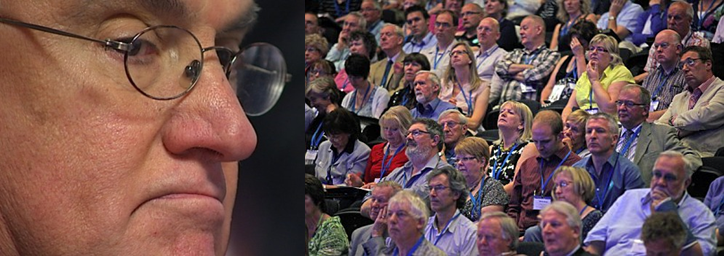School Leadership Today, volume 5.6

The atmosphere of the last engagement between heads and Sir Michael Wilshaw at the ASCL conference was very different from the edgy, irritable meetings that have gone before. Under attack from Gove and two policy think-tanks, as well as the school unions, he has thought discretion the better part of valour and decided to make allies of headteachers.
In truth, he did not have much choice. Having lost the unconditional support of his political master, Wilshaw needed to accommodate the complaints of headteachers and has adopted, almost wholeheartedly, the recommendations of the recent ASCL report on Ofsted. He has accepted their dissatisfaction about the quality of inspectors being used by contractors, who have often been out of the classroom for decades and have widely differing approaches to evaluating the quality of teaching they observe.
Despite Wilshaw’s almost desperate attempts to make lesson observation judgement criteria more subtle, he has been unable to rid inspectors’ reports of comments about the failure of teachers to construct lessons along the pre-ordained, three-part structure decreed by the DfE and embraced so fiercely by previous Ofsted regimes. This is because, many headteachers believe, inspectors are often ex-LEA officials who have been away from the classroom for so long that they defensively hang on to simplistic criteria in the absence of any real knowledge about modern teaching and learning. A common nostrum amongst heads has been: ‘Those that can, teach; those that can’t, become Ofsted inspectors.’